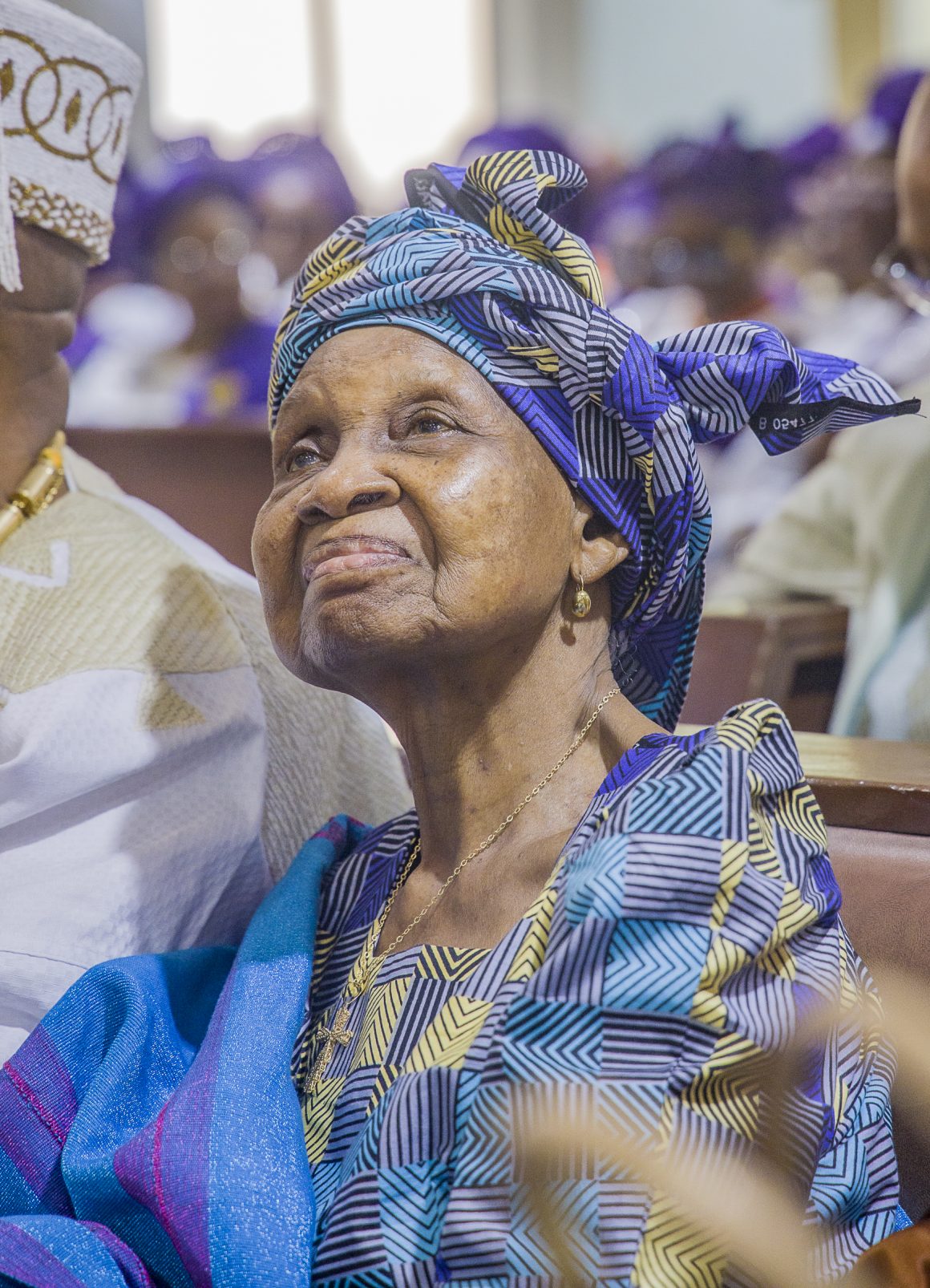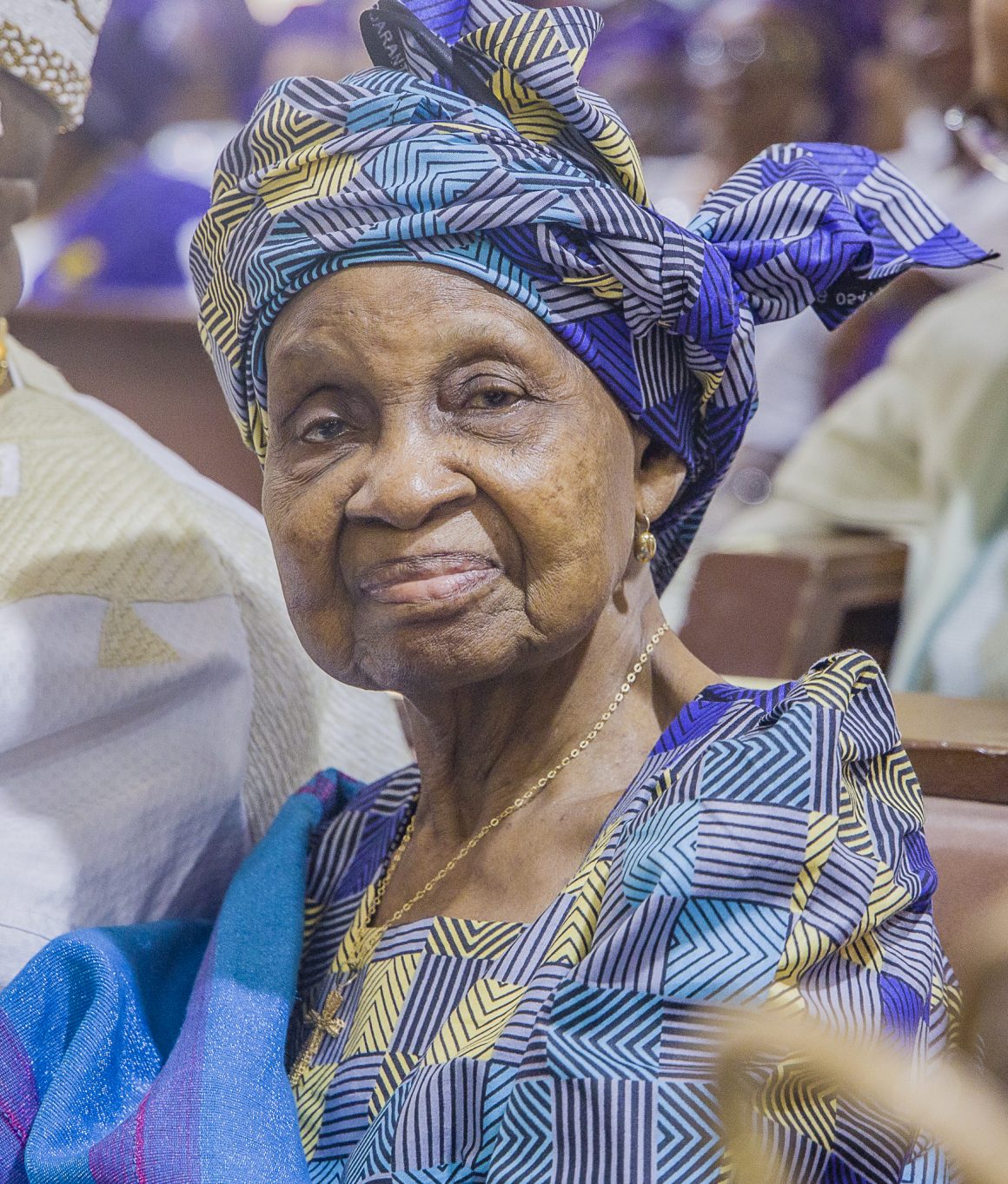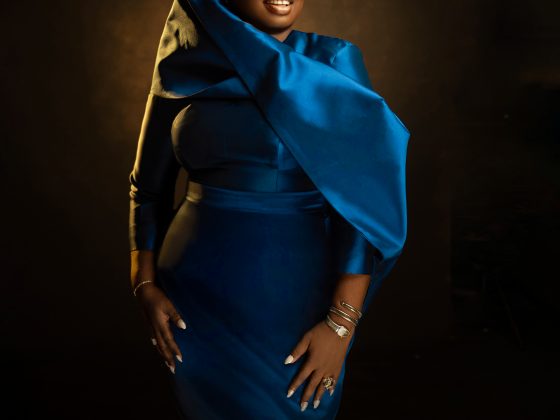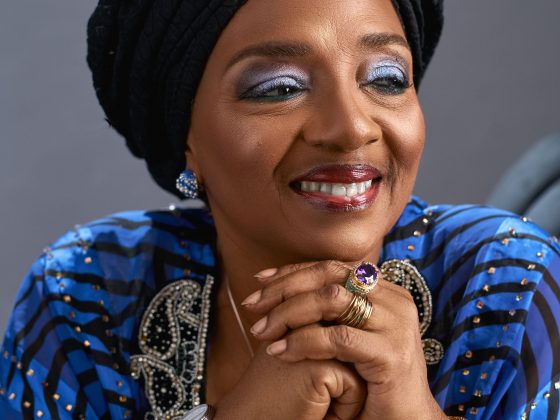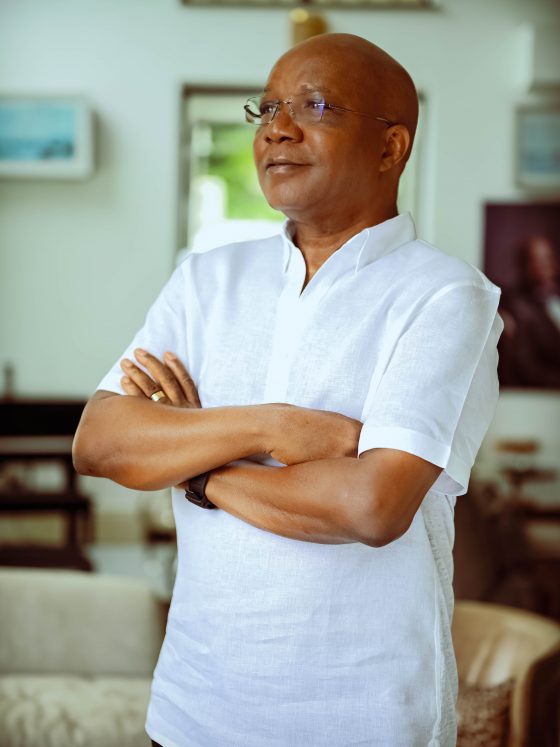In a country like Nigeria, where the lifespan is estimated to be 56.06 years old, a 0.55% increase from last year’s 55.57 years, turning 100 years old is a huge deal. Violet Iyabode Ladipo, who celebrated her centurion birthday last week, is among the fortunate few whom God has blessed to live that long.
Violet Iyabode, an astute businesswoman and well-respected voice in the food processing industry, assumed control of Lisabi Mills as Managing Director in 1962 at 37, when her late husband Josephus Kayode Ladipo unexpectedly passed away in 1961. With five children to support, she was compelled to venture out and navigate the Lisabi Mills family business’s ship. We can say now that she was up to the challenge because she managed to save the company from a massive loan debt and transformed it into a successful family business that has endured and thrived to this day.
Aunty, as she is also fondly called by her children and all whom she has nurtured (because she is a foster mother to many), is a businesswoman of great distinction who has made significant contributions to the Nigerian food industry. She is highly esteemed by her peers and remains a formidable female entrepreneur in the country. In this interview, she talks to Funke Babs-Kufeji about managing her family business, turning 100, and much more.
Photography- Kunle Ogunfuyi
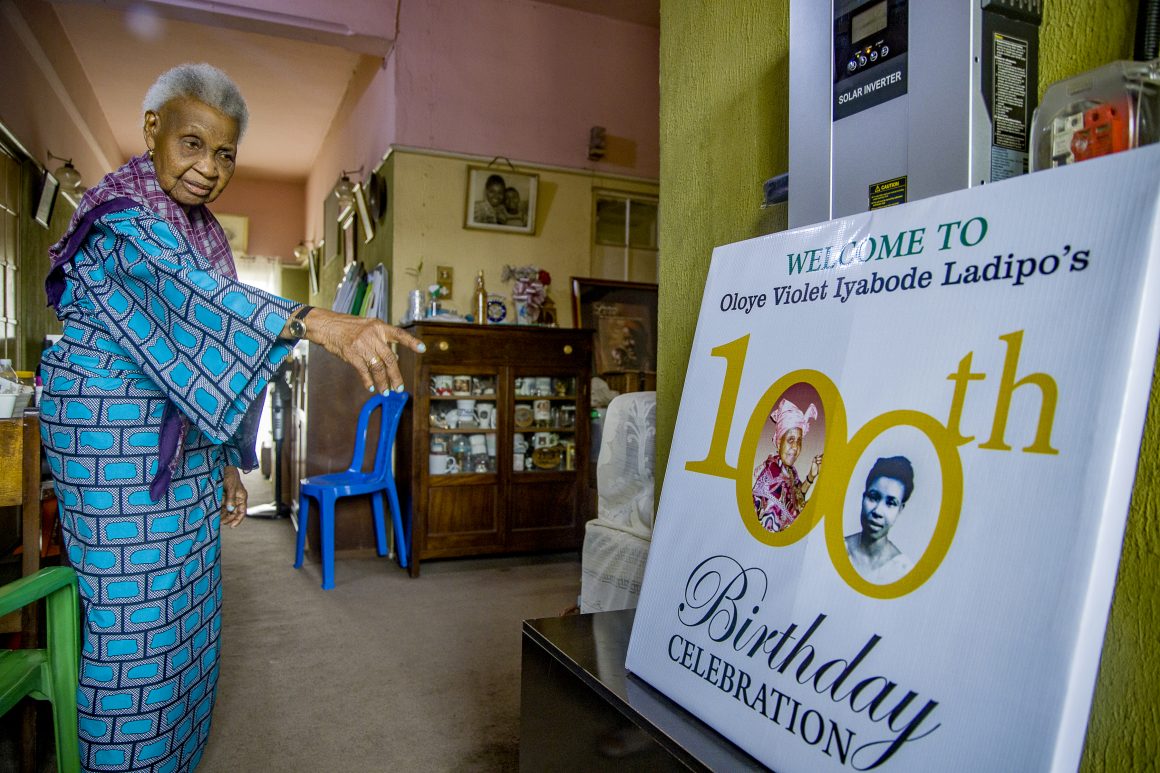
Happy Centennial birthday to you, ma. This is a big deal, especially in a country like ours (Nigeria). Did you ever believe you would live this long, and can you tell us what has contributed to your longevity?
If God says one can reach that age, who can say no? It’s not my doing, but God’s. All things are possible through God. Once he says this is it, then it is. I don’t have any special diet or anything in particular that I do that has made me live this long. I eat whatever I like, but what I know is that I do everything in moderation. So, I will say it’s not my power, but it is by his power, mercies, and glory that he has kept me this long.
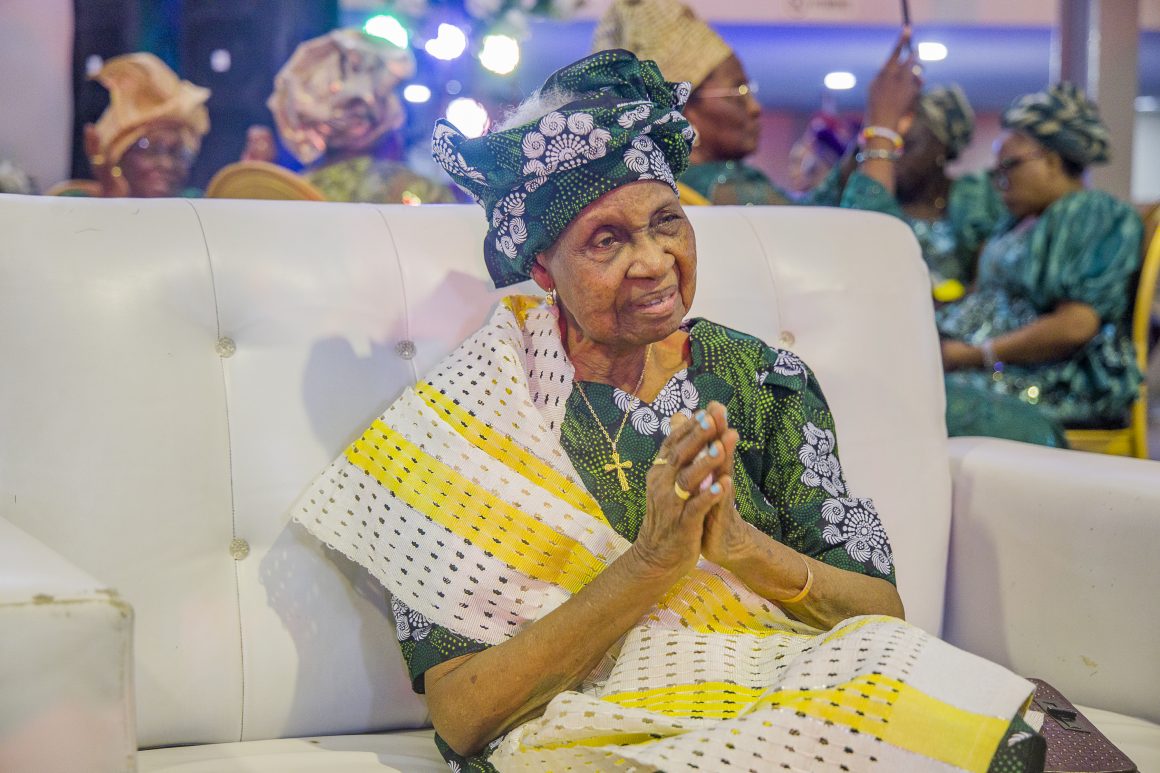
Let us go back to when you were the MD of Lisabi Mills, running the company’s day-to-day activities. What was it like to fill the boots of your late husband, and how did you make your own mark?
I was really young when my husband passed away, but I made up my mind that this business was not going to die because my husband was no more, and I had children to bring up. You see, I was not only his wife, who was home taking care of the children, but I was part of the factory’s daily operations and knew how things were run, so I followed that trajectory. I was determined not to fail because I knew people were watching. I prayed about it, rolled up my sleeves, and got to work, and today, I’m thankful it all worked out. I wasn’t a professional or an academic or anything like that, but I think my determination, with the help of God and the encouragement and help I got from my children and others who helped me, prevailed.
Being a woman in charge back in the 60’s, what were the challenges you faced, and how were you able to overcome them?
I do not know if I faced challenges because I was a woman and didn’t notice it. In business, many people will encourage you and discourage you, but once you have your God to direct you and you are honest with whatever you are doing, I think there is nothing you cannot overcome. Honestly, I didn’t know women faced challenges because of their gender because I only knew about myself and what happened to me. When I took up the role of managing director, I knew the ethos and ethics of the company and already had the respect of people working under my husband, so I had no internal issues. Externally, challenges in business, I think, are not peculiar to just women alone; both men and women face challenges, and like I told you, I only knew my own challenges and never attributed them to me being a woman, but I kept my focus on what needed to be done and didn’t worry much about what people thought or did. I knew what needed to be done and did it, challenge or no challenge.
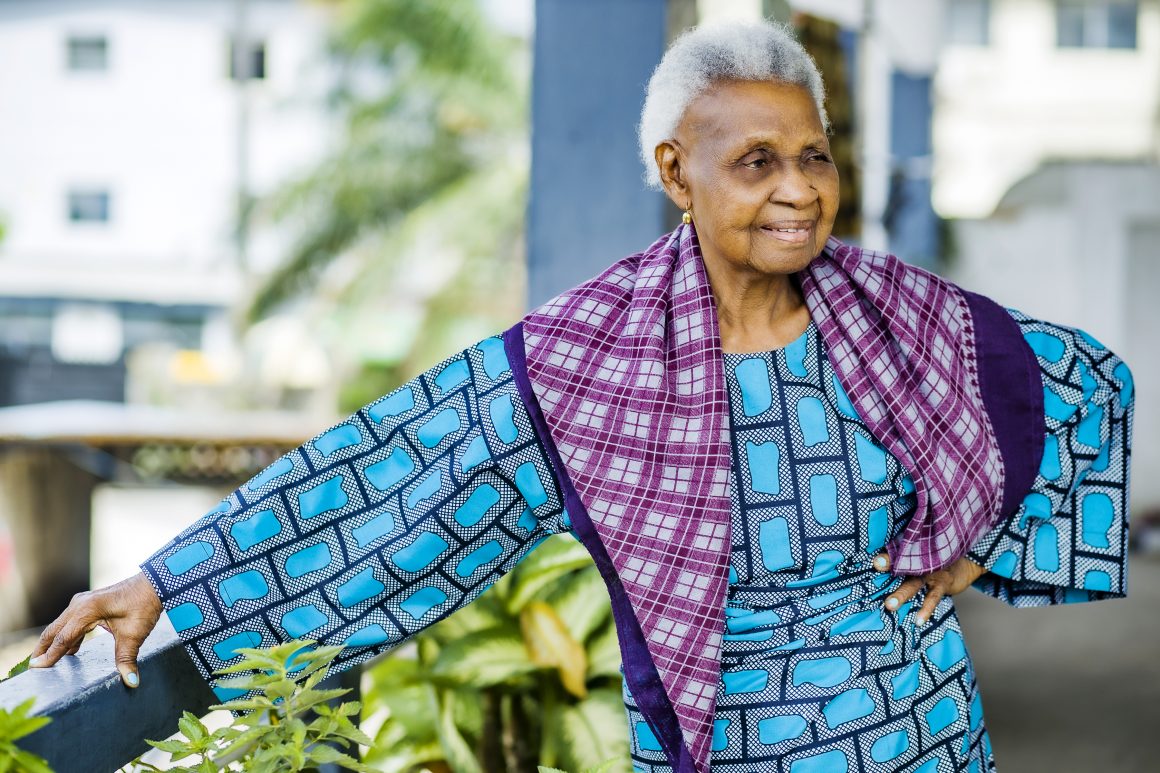
Under your leadership, Lisabi Mill was one of Nigeria’s most successful food processing companies and is still a major stakeholder today. Tell us what some of your strategies were to keep the company going.
Like every business owner, I think I just got on with it. Nigeria has had the same issues for many years, and we are all aware of the difficulties of doing business in Nigeria, but we get on with it because we must make a living to survive. Did I have any strategies? I won’t say I had strategies, but I had God on my side.
Given your experience as the MD of Lisabi Mills, what are the success factors for anyone who wants to follow your path to success?
I will say that an important path to success in business is honesty. Be honest, put God first, and do your best. In my opinion, there is no set path to success; God will crown all of our efforts. I did the little I could, and my children also helped me.
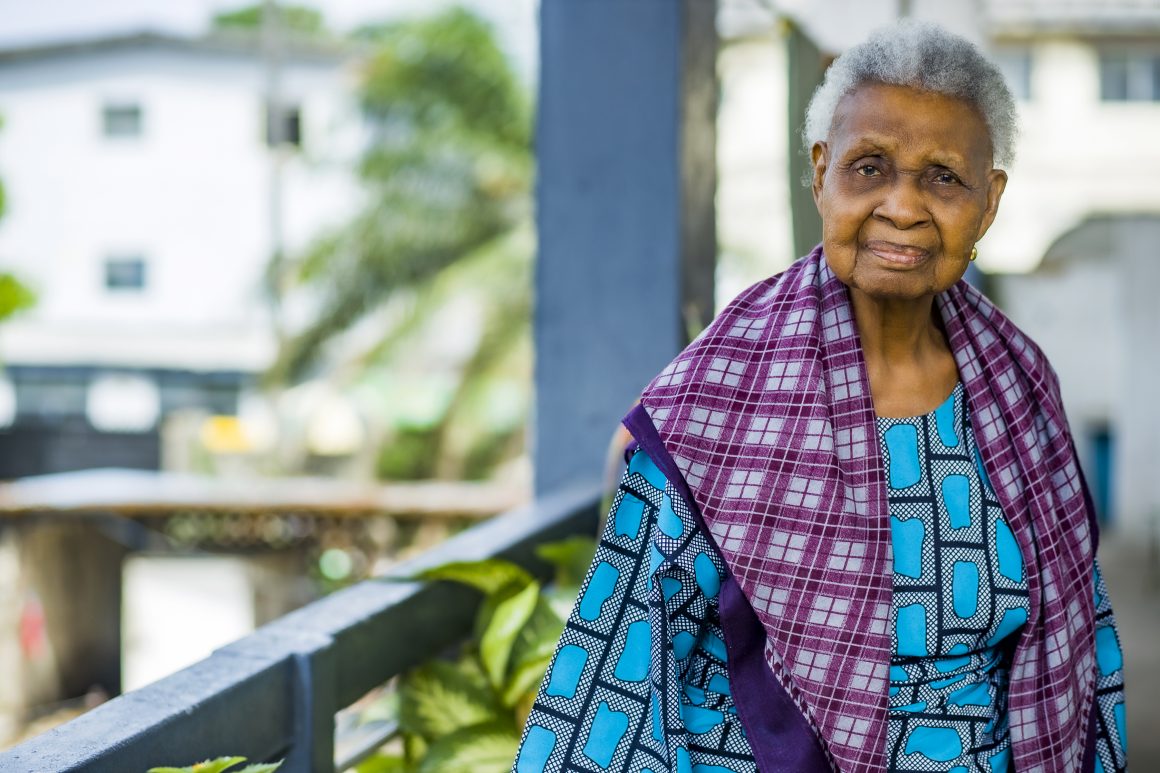
How did you prepare for the days of retirement?
I didn’t prepare for retirement. When I left the position of MD, my late son, Dr. Josephus Kehinde, who studied food technology, took over as Managing Director, and I became Chairman. Lisabi Mills was a part of me. I never really retired; I stayed to give advice and help my children run the business. They take good care of me, and I lack nothing. I’m very content, I am in good health, and I give thanks to God.
What is the most amazing thing that has happened to you or that you have seen in your lifetime, and why does it stand out for you?
There have been so many things that have happened in my life. I’m 100! I won’t say I have one single amazing memory, but I will say many things have happened that stand out in my mind. Some good and some bad, but that is life. I remember the death of my late husband. That was a bad time in my life. I was young but needed to get on because of my children. Also, I remember all my children graduating, growing up, and excelling in their different careers. I’m grateful to God; he is at the centre of everything.
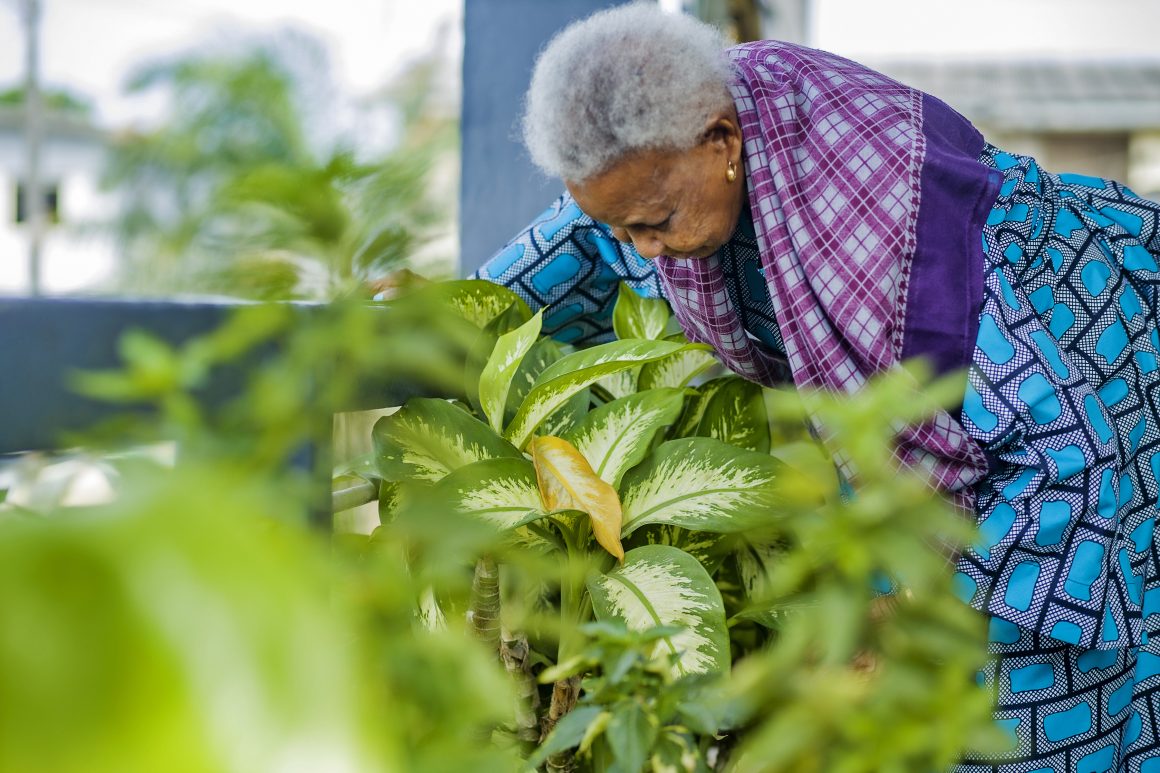
What activities have you found most enjoyable through the years? I hear you play the banjo; tell us more about that.
The banjo! I haven’t played that in many years. I’m not even sure I can even read music anymore. My husband founded and directed an orchestra, The Mills Orchestra. He played the trumpet, clarinet, and harmonica, and I played the old banjo, so I was an active member of the orchestra, but that was so many years ago. I think the banjo is still somewhere in this house. I haven’t seen it in a while.
I like to read. I read my bible and do my devotionals daily; I read the newspaper daily because I want to know what is happening in Nigeria; and I read books that are not too voluminous, preferably about the Yoruba and the Egba people. You see, I am an Egba woman, so I like to know about my people. I also like to tend to my plants; for me, it is a form of exercise and keeps me active. I weed them one day, and the next day I water them. I also love to dance.
Is there anything you regret or wish you had a chance to change?
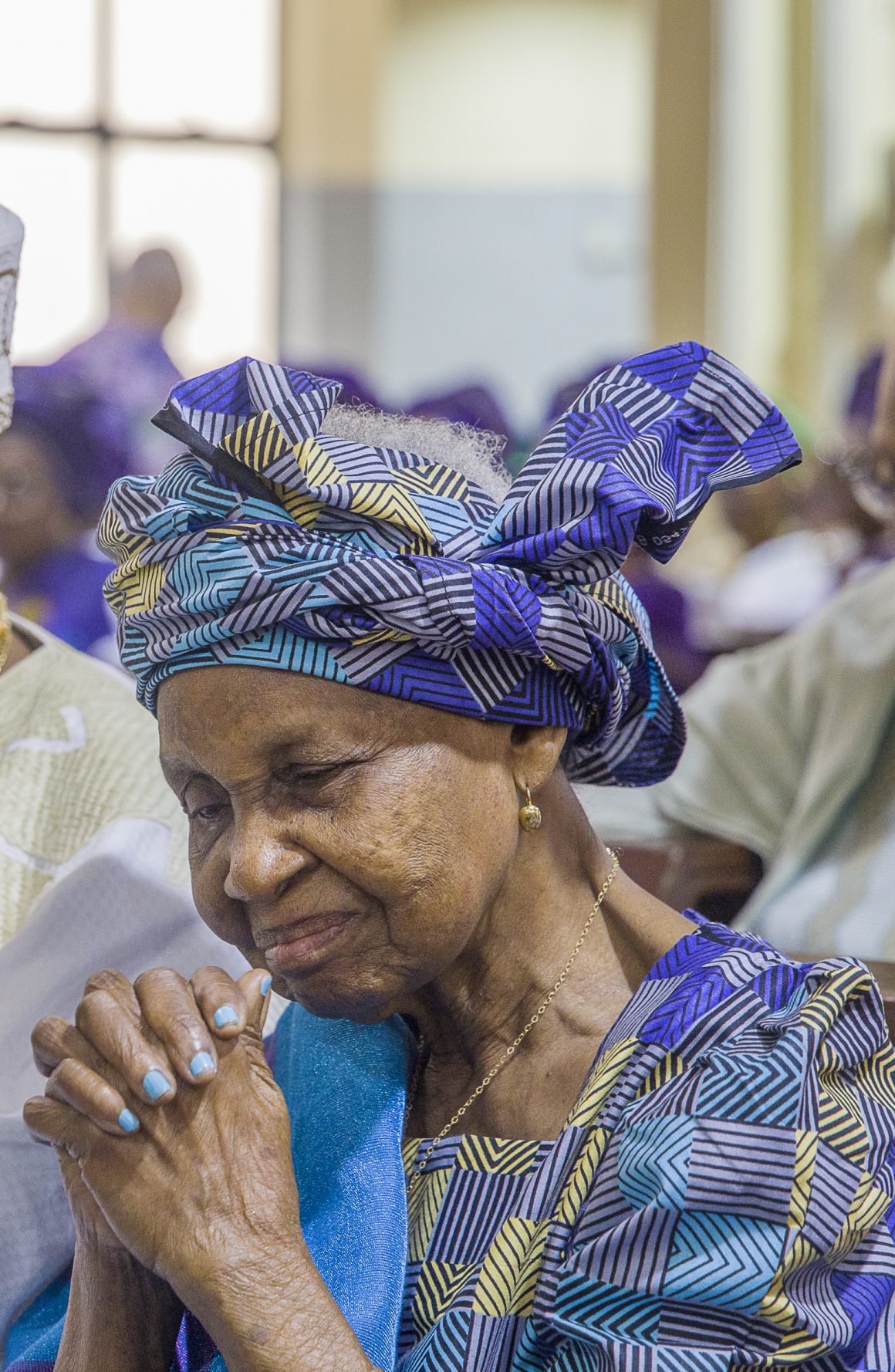
I have no regrets. As a person who knows and loves God, I know everything that happened in my life was his doing. The Yoruba people will say, “Olorun o kin se nkan Ki o ma fi aye ope si le,” which means God doesn’t do things and does not give room for thanksgiving. I have no regrets.
Do you have any advice for us on running a successful business?
My child, just be honest, have a clean heart, and leave the rest to God. We all know how things are in Nigeria today. It’s nothing to write home about. Be honest is what I can tell you.
